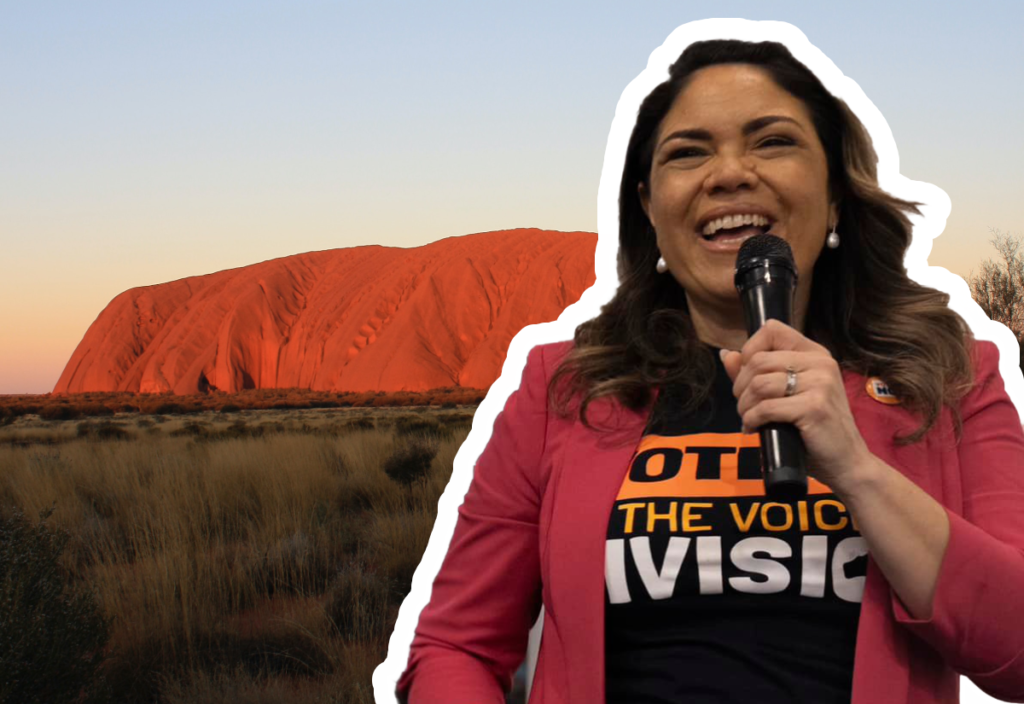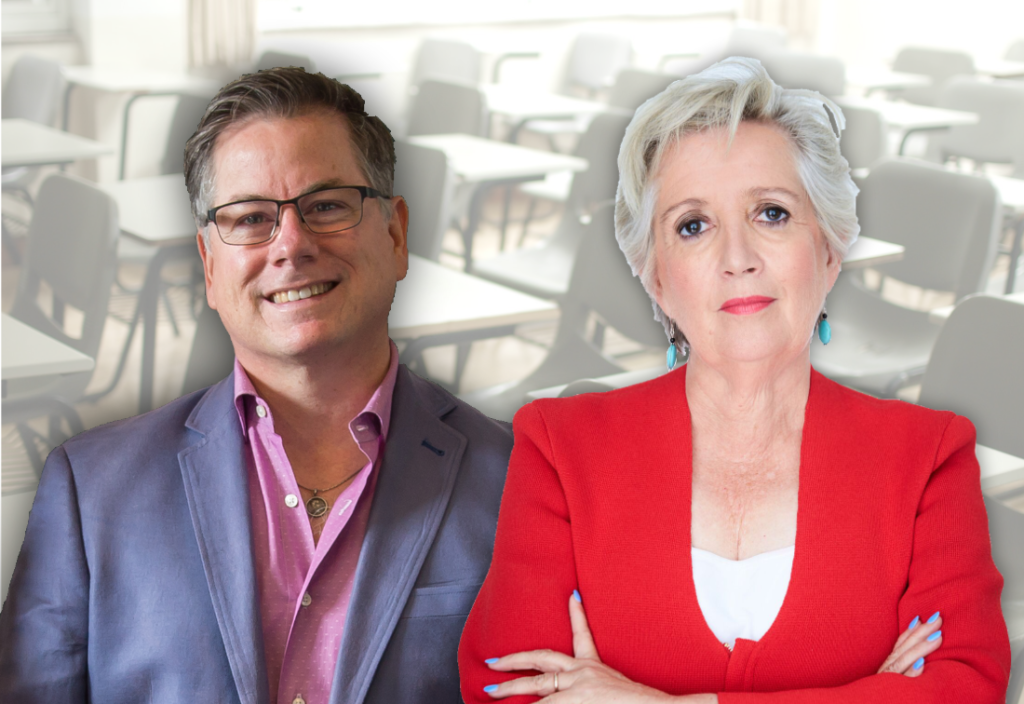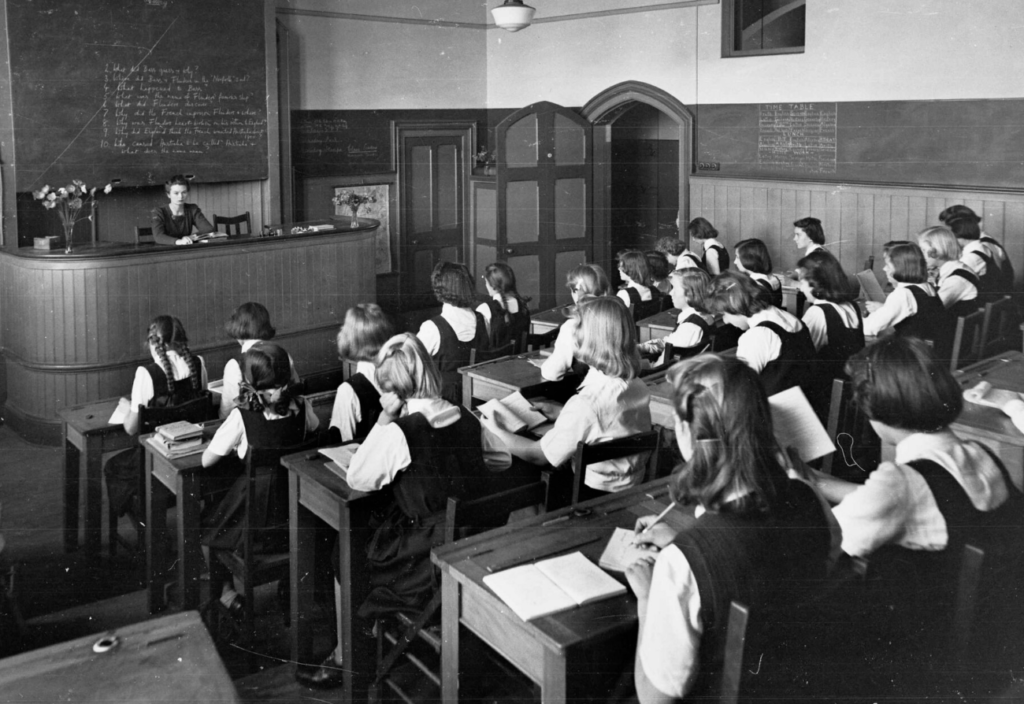It is almost 20 years since the then Prime Minister John Howard unveiled funding for the National School Chaplaincy Program (NSCP) to “promote pastoral care and spiritual guidance for students”, with Christian contractors paid to employ Christians in public schools.
While the role has been essentially that of a secular pastoral carer/student wellbeing officer – with religious activities and proselytising banned – the program has, for much of that time, required, without any justification, those people who fill the roles to be people “of faith”.
In my state of Western Australia, the Department of Education’s Public School Buyer’s Guide stipulated that, for schools to receive the federal or state government funding to appoint someone under the NSWP:
“Principals will be required to attest that chaplains are recognised /endorsed by a recognised religious authority.”
There is good reason to believe that stipulating this employment requirement for employment in Western Australia’s public schools breached the state’s Equal Opportunity Act 1984. In March 2021, the Commissioner for Equal Opportunity, John Byrne, told the Rationalist Society of Australia:
“I agree that under the Equal Opportunity Act 1984 (the Act) such a selection criterion is prima facie religious conviction discrimination in the areas of employment and advertisements.”
In May 2022, after much lobbying by public school parents across Australia, the new Labor federal government extended the program to include secular contractors.
We have seen this happen before. The Gillard government made similar reforms that were only to be reversed by the Abbott government. As a result of that decision, many non-Christian staff lost their jobs.
In 2024, it is time for a reset. It is time to remove Christian influence from mental health and wellbeing support in public schools. In Western Australia, my advocacy group, the WA Public School Alliance, believes it is time for the state Labor government to bring the roles in-house, as a vital ongoing professional position in public schools.
Even now in 2024, most staff employed under the renamed National Student Wellbeing Program continue to be employed by Christian third-party contractors that require candidates for roles to have religious credentials. For example, the following requirement was listed as “essential criteria” for employment:
“Demonstrated active engagement in the life of a Christian Church and denomination that affirms the triune Godhead of Father, Son and Holy Spirit; and is a member or associate Church of YouthCARE.”
For many years, the program has permitted private schools to use this funding to directly employ staff who share their values. So why are public schools forced to use contractors? Our values are secular and non-discriminatory.
Bringing the roles in-house – with public schools responsible for directly employing the best people for the job – would mean that those who fill these roles gain from better pay and conditions. Currently, the poor pay and conditions available to them under contracted arrangements results in high turnover. People simply can’t afford to stay in this job.
Bringing the roles in-house would also recognise the essential nature of these support roles. In many public primary schools, these student wellbeing officer and chaplaincy roles are the only wellbeing support positions available to students in need. Often this need is acute, as students grapple with family issues – such as relationship breakdowns, domestic violence or deaths – and a range of other issues, such as bullying, gender identity, assault, self-harm, behavioural problems, friendship problems, and poor mental health.
As a result of the changes to the program under the Albanese government 2022, sub-standard wages and conditions have spread across both Christian and non-Christian contractors. It is not a liveable wage.
In Western Australia, for example, third-party agency onPsych has a casual hourly employment rate of $37.94. The contractor receives $54.40. The person hired to the role is employed for 40 weeks of the year – with the other weeks being unpaid – and is remunerated monthly. If a workday falls on a public holiday, then they have to make up the hours on another day. These conditions of employment do not apply to any other employee in their school.
For decades, public school parents have been asking at their P&C meetings and School Council meetings why their public primary school has a Christian chaplain as a pastoral care/student wellbeing officer.
Many parents have reported that no-one could give a satisfactory answer. “We don’t discuss that” was a common response. This came from a fear that raising the issue would lead to losing this precious and critical funding support. Even now, many politicians believe we should be grateful to receive taxpayer-funded Christian charity. This view extends widely across West Australian institutions.
Yet many principals privately hold a very different view. In 2022, principals in one local government area were asked through an anonymous survey what they thought of religious discrimination in their public school. Most of them – 58 per cent – wanted funding to go to schools without requiring that they utilise a religious-based chaplaincy provider. One of the principals said:
“We absolutely value the funding to support students, but with a role that is not faith based. A Youth Worker or Student Support Worker Level 2 or 3 provides a wider range of counselling and support services than a Chaplain, and also broadens the field of applicants resulting in a more competitive field. Secondly, the Chaplain wage is a lower income, and can contribute to the gender pay gap as many chaplains are women, whereas a Student Support Worker has a higher and fairer remuneration.”
In 2021, the state government angered parents when it announced funding to employ more Christian chaplains in public schools. This new funding did not need to be tied to John Howard’s old discriminatory federal funding. The Labor state government could have chosen to make these secular positions employed by the school. But it did not. Apparently, it was because “schools love chaplains”.
The announcement of extra funding coincided with YouthCARE’s big biannual Public School Chaplaincy Conference. It was celebrated at GlobalHeart Church in Joondalup, with the then education minister, Sue Ellery, and the Director General of Education in attendance. The only people not invited to the party were public school parents.
What was celebrated was that every public school would now have access to state funding to employ a Christian chaplain, and a Christian contractor would have to be the provider of the service for the non-religious position.
This government decision inspired us to establish the WA Public School Alliance. Since then, we have worked with concerned parents and citizens in our public schools and secular advocates at a national level, achieving much media attention along the way.
Given a chance to have their say, parents want the roles to be filled by the best person for the job, with appropriate educational qualifications and professional experience, not according to belief system. Throughout 2022, the P&C at Maylands Peninsula Primary School surveyed parents about their views. The majority did not want religious-based discrimination as part of the school’s staffing arrangements.
As a result, the P&C presented a resolution at the WA Council of State Schools Organisations (WACSSO) Conference in September 2022. There, the 500 P&C delegates from public schools across the state voted unanimously in support of governments funding professional non-clinical student welfare officers instead of religious chaplains.
Politicians often claim that public school communities love chaplains. But religious chaplains are all public schools have been allowed to have.
Public school communities love having a dedicated care-giver/wellbeing officer. So let’s stop this being a religious political football for decades to come. We have a small political window for getting governments to properly fund secular student wellbeing services in public schools. Let’s make it happen.
Published 20 October 2024.
If you wish to republish this original article, please attribute to Rationale. Click here to find out more about republishing under Creative Commons.
Image: Kelly Sikkema on Unsplash.











